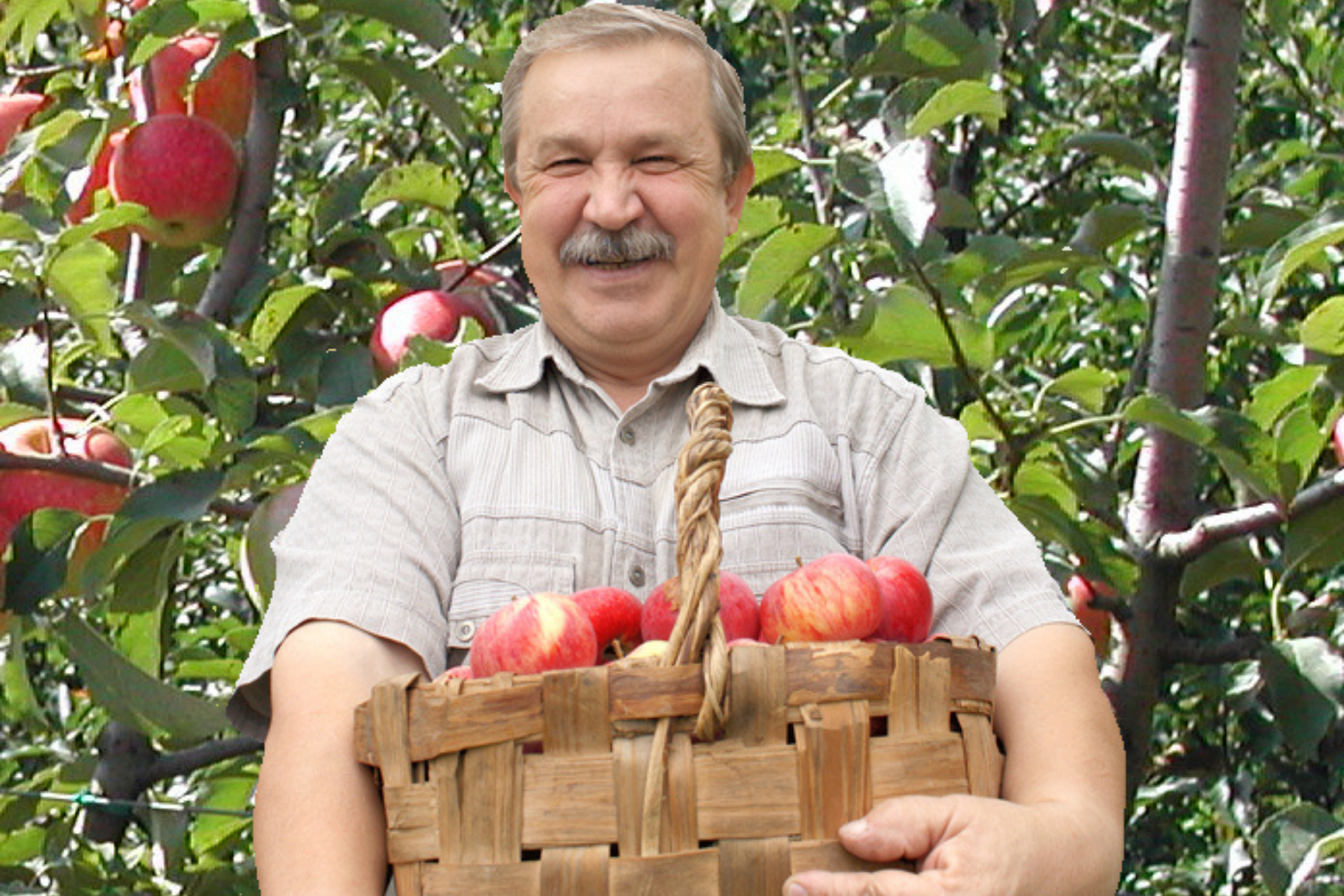
Pesticides in Trentino, resolving the problem
The issue of 'Pesticides in Trentino' is being discussed again these days.
One thing is certain: the environment is an open system. There are no boundaries between land, water and air, and our health depends on the health of these environmental matrices. This also applies to Trentino, whether we like it or not. Regardless of the fact that we are second after Veneto in the use of plant protection products per hectare or that some pesticides purchased by retailers are sold outside the region.
This time we have to ask ourselves: years of releasing toxic molecules into the environment, from the use of plant protection products and others, what kind of accumulation could they have generated and with what consequences?
The answer is in the increase of cancers, autism and Parkinson's, spontaneous abortions, malformations, neurodevelopmental damage with decreased cognitive quotient, all documented.

Pollution, the ultimate target
In some articles it is written: "It is estimated that only 0.1% of the sprayed substance reaches the final target that these substances hit: everything else disperses." But where does it dissipate, if not into the environment ... of which we are a part!
So is the pesticide problem in Trentino just an economic issue or is it also a question of culture?
In this sense, back in 2002, a farmer in Val di Non who used our de-polluting fertilisers asked us (but he was not the only one) what the soil had to do with the plant. He found it strange that the health of his orchard depended on the soil. He gave us a long list of the so-called plant protection agents or pesticides, the ones that were usually sprayed in the fields, within the legal limits (he boasted of this).
Unfortunately, the legal limit still applies to each individual product, but does not take into account all the products used ... or even the accumulation!
Twenty years later, if we were to consult the family medical records of that farmer as well as those of many others, what would we find?
In the Val di Non, Melinda has more than 4,000 contributing families; they all have the same problem: exposure to a level of pollution that spares no one.
Pesticides in Trentino, resolving the problem
There is a great effort to protect our region from well-founded insinuations. On the one hand, the state of health of our water is being blamed on the Po River Basin, on the other hand, the question of how to improve the relationship between agriculture and health is being asked. Meanwhile, the resolution of the problem is increasingly urgent. How to improve the relationship between agriculture and health concerns the right to life of every being.
Here, then, is 'BioAksxter® for a better life', which is not simply a pay-off, but the well-founded effort made by a company in the Trento region towards agriculture and the environment for almost 20 years.
BioAksxter® technology has been widely proven to reduce pesticide residues, de-polluting soil, crops and fruit. Its action from the agricultural context affects the entire environment.
It is said to want to protect users of plant protection products and the population concerned; to protect consumers; to safeguard the aquatic environment and drinking water; to conserve biodiversity and protect ecosystems. These are certainly primary goals, but hardly achievable by merely promoting the application of integrated pest management, organic farming and other alternative approaches.
It is the duty of our dear Autonomous Province of Trento to quickly get to work on a depollution project that can restore a truly sustainable environment, given that the technology of AXS M31 exists and makes it possible. It is understood that technology and science alone go nowhere if there is no collaboration and will. Wanting is power. If you want, there is still time to give the future a future.
